A report published in May by the cross-party Women and Equalities Committee (WEC) called for action on a range of challenges faced by people with a learning disability and autism. Inequalities in healthcare and employment for people with a learning disability and autistic people concluded that ‘overall care and outcomes too often still fall below acceptable standards’. It labelled as ‘unacceptable’ the level of premature and unavoidable deaths compared to the general population.
It also stated that people with a disability and autistic people ‘face the widest employment gap of all people with disabilities and find it difficult to get their food in the door.’
Why this report?
The WEC Committee is appointed by the House of Commons to examine the expenditure, administration and policy of the Government Equalities Office (GEO). This is the third and final WEC report based on its findings during an inquiry into the National Disability Strategy.
What it says
Recommendations arising in the report include:
- A call on the Department for Health and Social Care (DHSC) and NHS England to work with national and local learning disability organisations and charities and the Royal College of General Practitioners to investigate why eligible people are not on the learning disability register and take appropriate action to increase registration.
People with a learning disability can ask to go on the register, which entitles them to receive reasonable adjustments, such as support with making decisions and, vitally, access to an annual health check. However, around 75% of people with a learning disability are not registered. Many struggle to convince their GP and practice staff to add them to the register.
- Development and trial of an initiative aimed at improving understanding of autism in women and girls by the end of 2024.
- An explanation as to why the number of autistic people detained in mental health hospitals has increased.
- The re-establishment of a national board to focus on improving health inequalities across all health and social care services. This board to include, and be led by, people with lived experience with agency to drive change.
- Publication of a new disability employment goal
Election impacts
With a general election called, it is hard to say what progress will be made on these recommendations.

